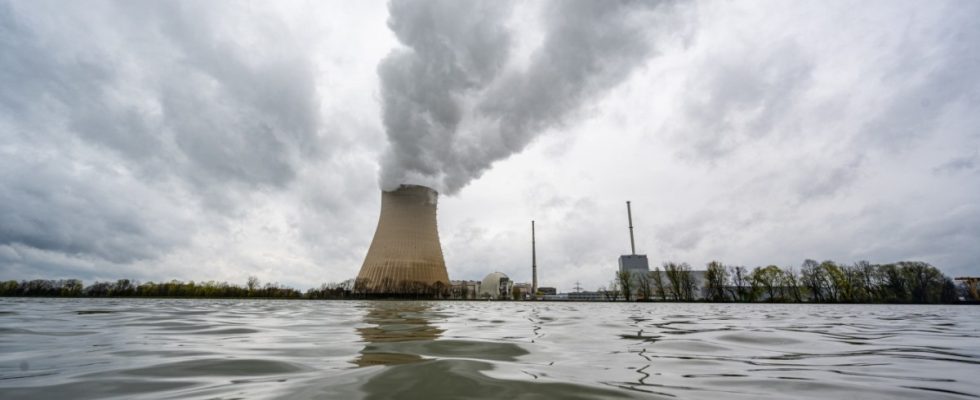They are familiar with contaminated sites at the German nuclear fund. After all, the billions they manage are supposed to finally handle the German foray into nuclear energy. The interim storage of highly radioactive nuclear waste, the search for a repository and finally its filling and operation – all of this is to be financed from the 24.1 billion euros with which the fund was founded. The money comes from the nuclear power operators, who got rid of the legacy. The so-called fund for financing nuclear waste disposal, or Kenfo for short, is now having trouble with this. And not only that.
Because in an effort to invest the billions broadly and profitably, the fund, founded in 2017, also bought into Russia. And that investment is now becoming a toxic legacy in its own right. Not only are the investments there losing considerable value – around 30 percent in the first four months of the year alone – the largest Russian shareholding in Kenfo is also held by the oil company Lukoil.
And that’s not all. It is also impossible for the fund to leave Russia. “The stock is frozen,” says the Federal Ministry of Economics’ response to a written question from the Left Group. Because of the tightened sanctions and ongoing trade restrictions, he is “currently not for sale”. Anything that could be sold in time was sold off. The rest is stuck, most recently a value of 3.5 million euros. trend falling.
Left boss criticizes the promotion of “fossil climate killers”
The Left Party considers the Lukoil investment alone to be a scandal. “The self-commitment of the federal public fund to invest the funds sustainably in terms of climate goals does not seem to be worth much if millions were pumped into Russia’s oil industry at times,” said Linke leader Janine Wissler Süddeutsche Zeitung. On the one hand, these investments supported Russian oligarchs and, on the other hand, they participated in the promotion of “fossil climate killers,” she criticizes.
Wissler and her co-chairman Martin Schirdewan have decided to develop the left into a “socialist climate justice party” and show solidarity with the activists of the “last generation”. The focus on climate policy is highly controversial within their own ranks, but Wissler and Schirdewan see a strategic opportunity for the party here – also because the Greens repeatedly have to make uncomfortable concessions in their government responsibility. That also has something to do with Wissler now saying: “The fact that this fund has now also invested millions in the Russian oil industry shows that the fund has nothing to do with sustainability.”
The Green-led Economics Ministry, in turn, refers to the fund’s criteria, which at least exclude the mining of uranium and coal or the operation of nuclear or coal-fired power plants. Unconventional production techniques for oil and gas are also taboo. However, the fund does not want to completely say goodbye to fossil business models, after all they should all switch to climate-friendly business models, the ministry argues. “This demonstrably requires significant financial resources.” Ultimately, the sustainability approach of the fund aims to “support actors in the real economy through its investments in reducing emissions in the real world”. Just maybe not in Russia.

